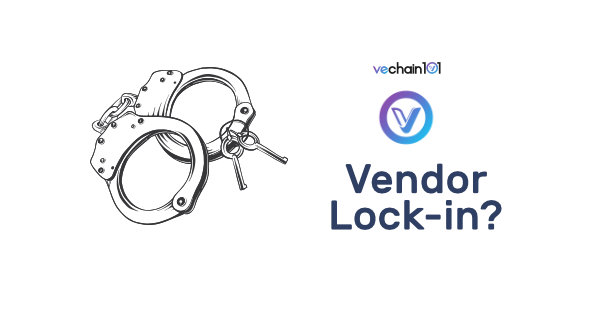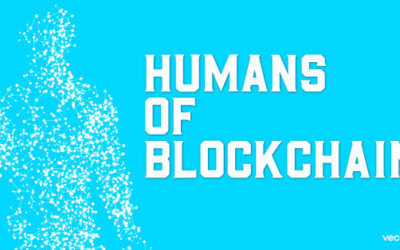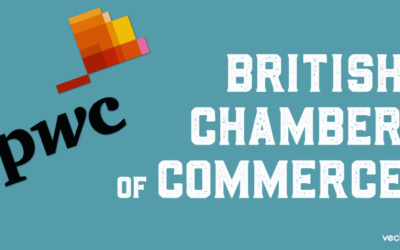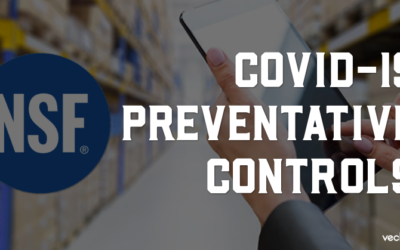
This week, BMW set the crypto-media on fire with an announcement that their auto-part traceability platform was set to roll out in 2020. BMW is notorious for being involved in the blockchain scene – they are one of the founding members of MOBI (Mobility Open Blockchain Initiative). For retail investors, this can get confusing as MOBI includes a smorgasbord of blockchain players, including VeChain, IBM, IOTA, R3, Consensys, Hyperledger, and many others. So what’s the deal? Who will end up earning the auto giant’s business?
Answer: Quite a few. BMW, like other major corporations, have a strict policy to prevent vendor lock-in, the problem that arises when a corporation gets too reliant on one service provider or one geographic region. If unfortunate circumstances were to befall that service provider, such as insolvency, large scale hacks, tech disruption, legal issues, political struggles, or natural disasters, BMW’s entire business model could come to a grinding halt. This is something that stockholders and executives fear most, especially in light of the current pandemic and geo-political struggles around the world.
We’ve already seen this play out in a number of similar fields, such as cloud service providers. Gartner estimates that by 2024, two-thirds of businesses will have a multi-cloud strategy, despite the issues that fragmenting parts of your enterprise cloud backend might lead to. Researchers Flexera pointed out that 68% of CIOs are concerned about vendor lock-in with their public cloud strategy, a sentiment that should be mirrored in their approach to blockchains. For a Fortune 500 company, partnering with multiple blockchain service providers will surely be the preferred Risk Management strategy going forward.

So does this mean that if BMW announces their auto parts will be tracked on an IBM blockchain, then everyone else is left out in the cold? On the contrary, this presents an opportunity for innovative projects to continue creating new use cases, as major corporations will be interested in trying new things, even after the major blockchain players have emerged. It also prevents one major giant, such as Ethereum or Hyperledger, from gobbling up the marketshare and choking out the competition. The focus for projects who wish to compete will be on developing compatible, agile, plug-and-play solutions that allow hardware, IoT, and blockchains to quickly integrate with existing ERPs, CRMs, and even other blockchains. This will make it easy for businesses to quickly test and deploy, lowering their risk by spreading out processes with a multi-blockchain strategy.
More about BMW’s blockchain solutions, including VerifyCar (VeChain) can be found here.





